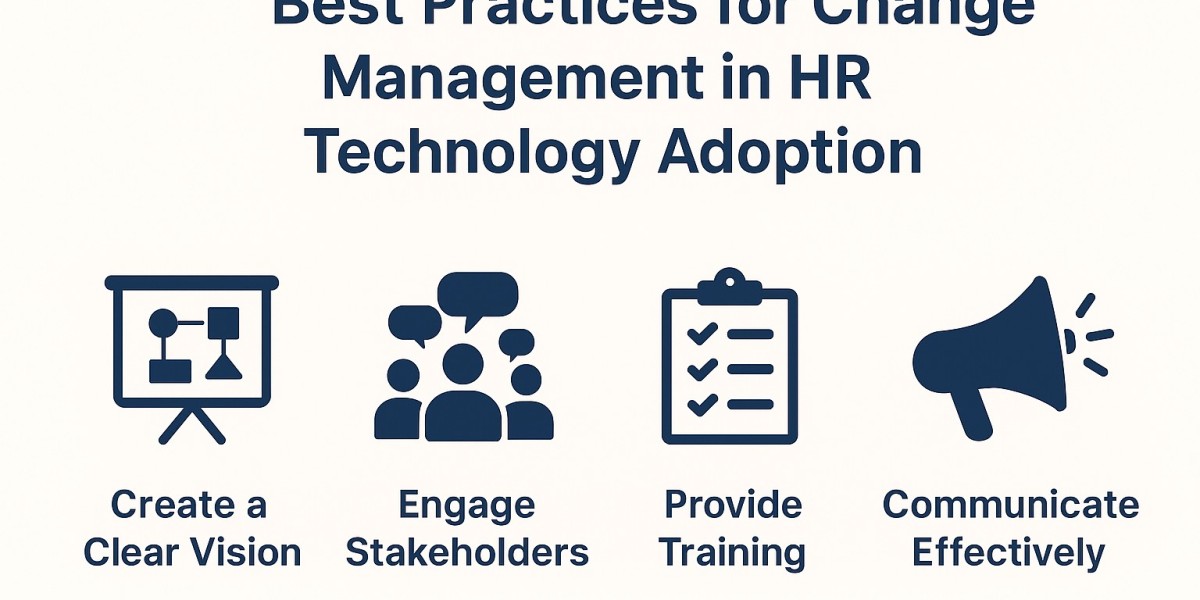Implementing new HR systems often creates uncertainty, but with structured planning and clear communication, organizations can guide employees through change with confidence. Effective Change Management HR Technology ensures smoother adoption, stronger engagement, and long-term operational success.
Why Change Management Matters in HR Technology
HR technology impacts daily operations, from payroll to performance management. When change is not managed well, employees may resist, productivity may drop, and the organization may fail to realize the benefits of its investment. Change management helps align people, processes, and systems, ensuring every user understands the purpose and value of the new tools.
Core Strategies for HR Technology Change Management
Create a Clear and Motivating Vision
Employees need clarity on why new technology is being introduced. Explaining expected improvements such as simplified workflows or faster approvals helps build trust.
Engage Stakeholders Early
Involving managers, HR partners, and end-users early in the transition encourages ownership. When people feel heard, they are more willing to support the change.
Provide Role-Based Training
A one-size-fits-all approach rarely works. Tailored training ensures each employee receives the exact knowledge and skills needed for their responsibilities.
Communicate Frequently and Honestly
Transparent communication reduces anxiety. Sharing updates on timelines, expected challenges, and progress keeps everyone aligned.
Introduce Technology in Phases
A gradual rollout allows teams to adapt step-by-step, minimizing disruptions and giving HR time to address feedback during each phase.
Measure Adoption and Adjust
Tracking how employees interact with new tools helps identify where additional support or simplified processes may be required.
Strengthening Adoption Through HR Technology Tools
Many HR platforms include built-in features that support the change process. Communication modules help share updates instantly. Learning tools guide employees through step-by-step tutorials. Analytics dashboards help HR teams view adoption patterns and identify where extra training may be needed.
Using technology to support the transition makes change smoother, more organized, and easier to sustain.
Building a Supportive Culture for Sustainable Change
Successful change depends on culture. When leaders model usage, encourage experimentation, and recognize employee progress, they create an environment where people feel comfortable embracing new systems. Celebrating early adopters and reinforcing positive behavior strengthens confidence across the workforce.
A flexible, learning-driven culture ensures that employees stay open to future HR technology enhancements as well.
For More Info: https://hrtechcube.com/change-management-strategies-for-hr/
Conclusion
Change Management HR Technology is most successful when organizations blend clear communication, structured planning, and employee-centered support. By engaging stakeholders early, providing practical training, and nurturing a culture that embraces innovation, HR teams can ensure that new tools deliver meaningful impact. When change is managed thoughtfully, HR technology becomes a powerful catalyst for efficiency, collaboration, and long-term organizational growth.




